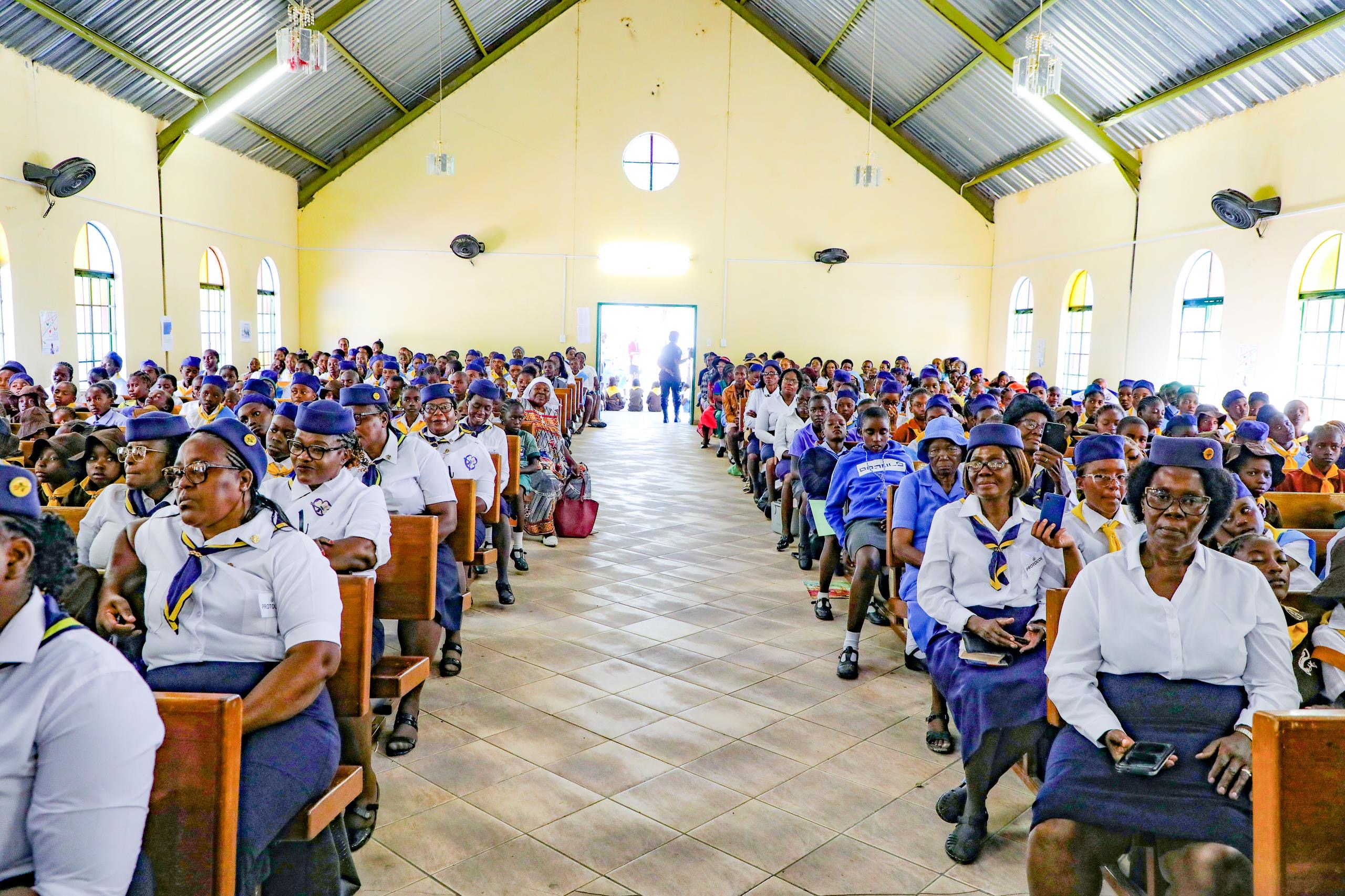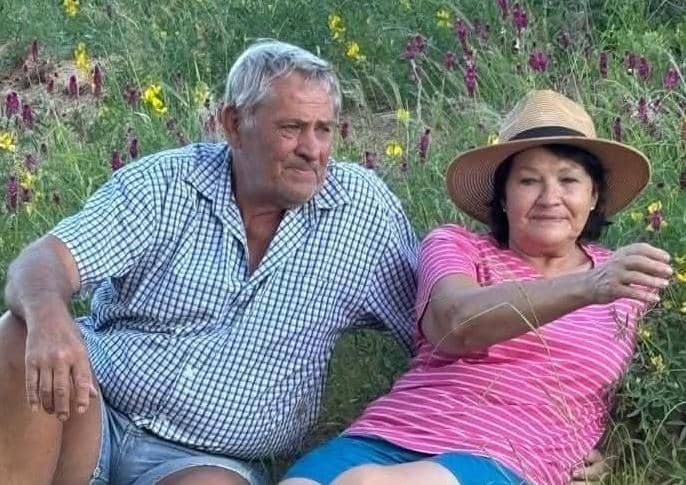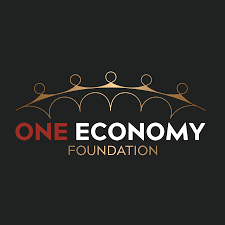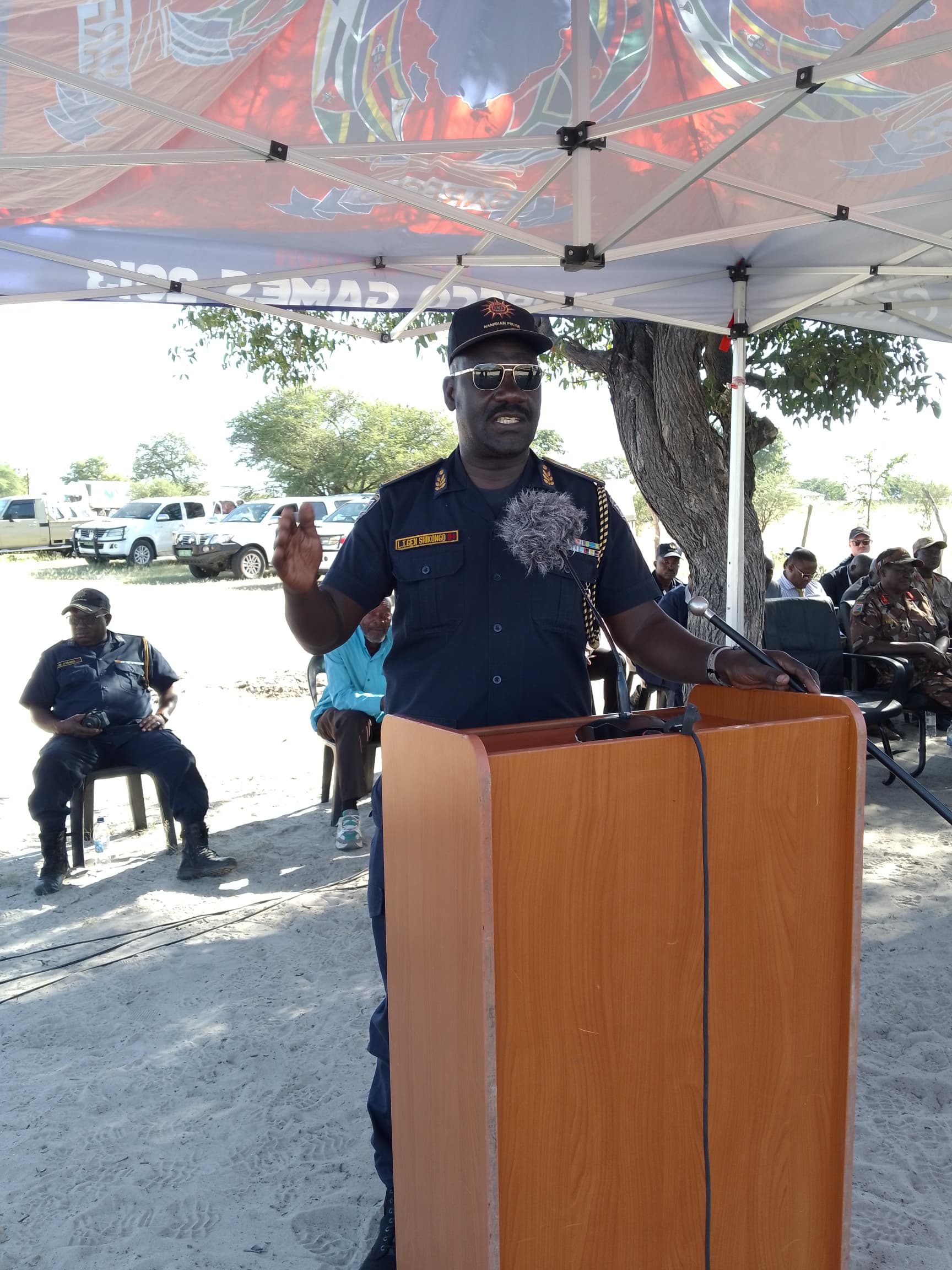GENEVA – Drug manufacturers won’t be able to start making a swine flu vaccine until mid-July at the earliest, weeks later than previous predictions, the World Health Organisation said yesterday. It will then take months to produce a new vaccine.
The disclosure that making a swine flu vaccine is proving more difficult than experts first thought came as UN Secretary-General Ban Ki-moon and WHO chief Dr. Margaret Chan met Tuesday with representatives from about 30 pharmaceutical companies to discuss the subject.After the meeting, Ban declared that solidarity was the key to resolving the swine flu outbreak, urging governments to make sure all countries have access to drugs and vaccines. He also said virus samples and flu data must be shared and ‘self-defeating’ measures like trade and travel bans should be avoided.’We do not yet know how far and how fast it will spread, how serious the illness will be and, indeed, how many lives will be lost,’ Ban told WHO’s annual assembly in Geneva. ‘Global solidarity must be at the heart of the world’s response.’'(It) must mean that all have access to drugs and vaccines,’ he said.According to vaccine experts convened by WHO, swine flu virus is not growing very fast in laboratories, making it difficult for scientists to get the key ingredient they need for a vaccine, the ‘seed stock’ from the virus, the agency reported.Previously, WHO officials had estimated that production could start in late May, and would take four to six months.Experts also found no evidence that regular flu vaccines offer any protection against swine flu.Vaccine experts estimated under the best conditions, they could produce nearly five billion doses of swine flu vaccine over a year after beginning full-scale production.In that situation, the UN might have access to up to 400 million doses for poor countries. The rest of the vaccines would presumably go to wealthy countries who have already signed vaccine deals.Mass producing a pandemic vaccine would be a gamble, as it would take away manufacturing capacity for the seasonal flu vaccine that kills up to 500 000 people each year. Some experts have wondered whether the world really needs a vaccine for an illness that so far appears mild.Chan said it would be impossible to produce enough vaccine for all 6.8 billion people on the planet – a situation that could set off a global scramble where rich countries outbid poorer nations for the vaccine.The impact of a pandemic – a global epidemic – is expected to be worse in poor countries, where people with other diseases like AIDS and malaria are more susceptible to swine flu and national health systems are less able to respond.US Health and Human Services Secretary Kathleen Sebelius said yesterday the US felt it had a responsibility to ensure that both antiviral drugs and any new vaccine are also available to poor countries. Unlike other countries such as Britain, the United States has so far refrained from reserving its share of any new vaccine. – Nampa-AP
Stay informed with The Namibian – your source for credible journalism. Get in-depth reporting and opinions for
only N$85 a month. Invest in journalism, invest in democracy –
Subscribe Now!










